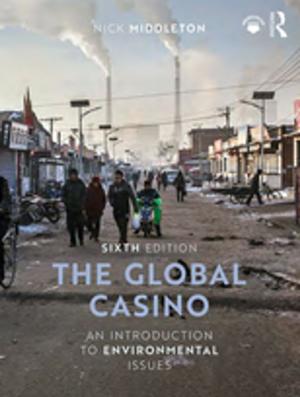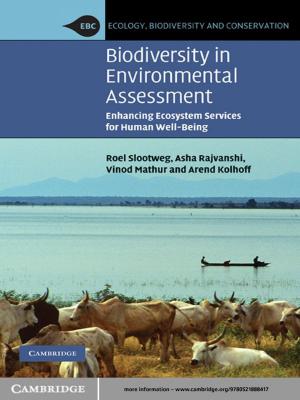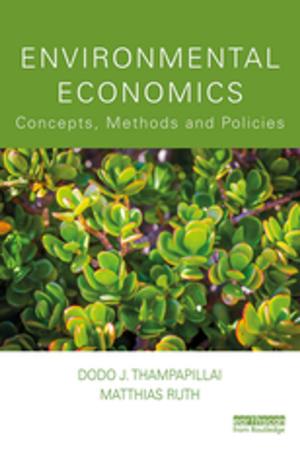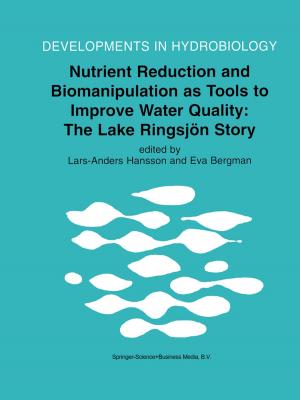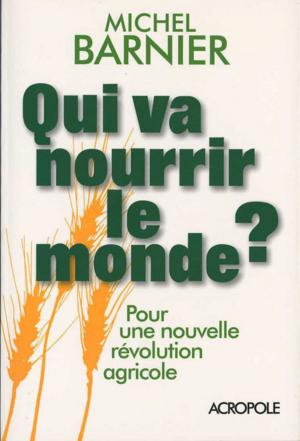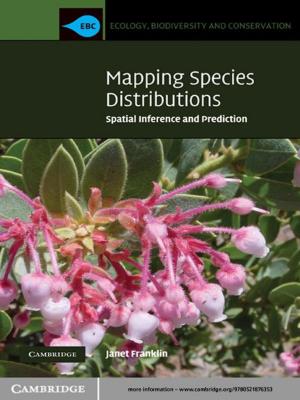All we need is hemp!
One plant, 1000 uses.
Nonfiction, Science & Nature, Nature, Environment, Ecology| Author: | Alexis Chanebau | ISBN: | 9782954367828 |
| Publisher: | GOLDEN SONG | Publication: | December 19, 2016 |
| Imprint: | Language: | English |
| Author: | Alexis Chanebau |
| ISBN: | 9782954367828 |
| Publisher: | GOLDEN SONG |
| Publication: | December 19, 2016 |
| Imprint: | |
| Language: | English |
Could hemp be the most versatile and indispensable plant on earth?
The pressing objective of this public information encyclopaedia (270 illustrations) is to put hemp firmly back in the spotlight, with all its excellent applications: biofuels, food, bio plastics, paper, textiles, construction & insulation materials, rope, incense, cosmetics, medicine, etc. This premium raw material was indispensable to the economic independence of budding civilisations and religions, and can readily supply all kinds of essential, quality products. It is easy to grow and requires no intensive labour, irrigation or pesticides. Hemp has also been of fundamental importance to the navy and was probably one of the most widely-cultivated plants on the planet up until 1961.
In his praise of Pantagruelion, published in France in 1546, François Rabelais called hemp the “Queen of plants, generator of progress,” noting that “hemp allows men not only to meet across the seas but also attempt to climb to the skies.”
George Washington, Thomas Jefferson and Benjamin Franklin, the Founding Fathers of the United States, were also supporters: between 1650 and 1850 an American farmer could pay his taxes with what is now known as “marijuana”. The ecological impetus was stopped in its tracks, however, eclipsed by the growth of polluting industry: petrochemicals, paper production from wood pulp, the cultivation of cotton, etc. With the petroleum economy currently in crisis, hemp with its outstanding properties could finally be recognised for the universal, providential and sustainable resource for the human race that it is.
"Why use up the forests which were centuries in the making and the mines which required ages to lay down, if we can get the equivalent of forest and mineral products in the annual growth of the hemp fields?" (Henry Ford).
Could hemp be the most versatile and indispensable plant on earth?
The pressing objective of this public information encyclopaedia (270 illustrations) is to put hemp firmly back in the spotlight, with all its excellent applications: biofuels, food, bio plastics, paper, textiles, construction & insulation materials, rope, incense, cosmetics, medicine, etc. This premium raw material was indispensable to the economic independence of budding civilisations and religions, and can readily supply all kinds of essential, quality products. It is easy to grow and requires no intensive labour, irrigation or pesticides. Hemp has also been of fundamental importance to the navy and was probably one of the most widely-cultivated plants on the planet up until 1961.
In his praise of Pantagruelion, published in France in 1546, François Rabelais called hemp the “Queen of plants, generator of progress,” noting that “hemp allows men not only to meet across the seas but also attempt to climb to the skies.”
George Washington, Thomas Jefferson and Benjamin Franklin, the Founding Fathers of the United States, were also supporters: between 1650 and 1850 an American farmer could pay his taxes with what is now known as “marijuana”. The ecological impetus was stopped in its tracks, however, eclipsed by the growth of polluting industry: petrochemicals, paper production from wood pulp, the cultivation of cotton, etc. With the petroleum economy currently in crisis, hemp with its outstanding properties could finally be recognised for the universal, providential and sustainable resource for the human race that it is.
"Why use up the forests which were centuries in the making and the mines which required ages to lay down, if we can get the equivalent of forest and mineral products in the annual growth of the hemp fields?" (Henry Ford).



